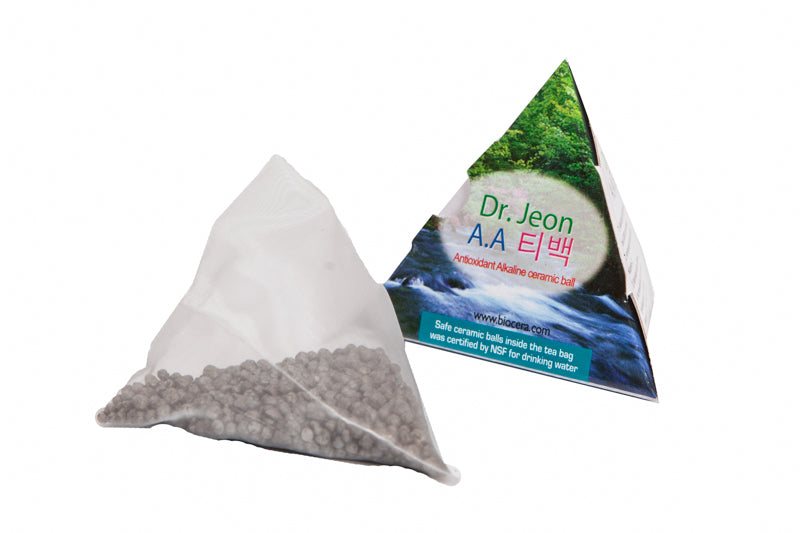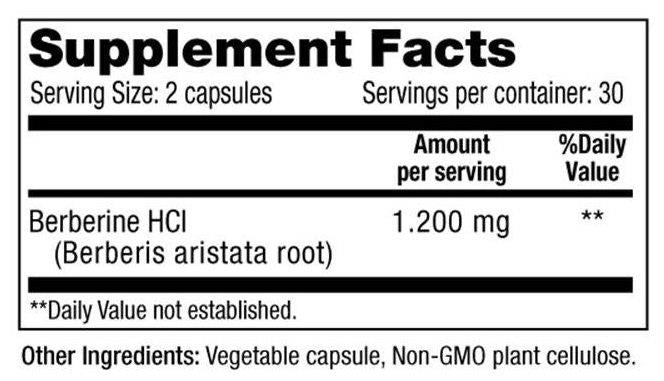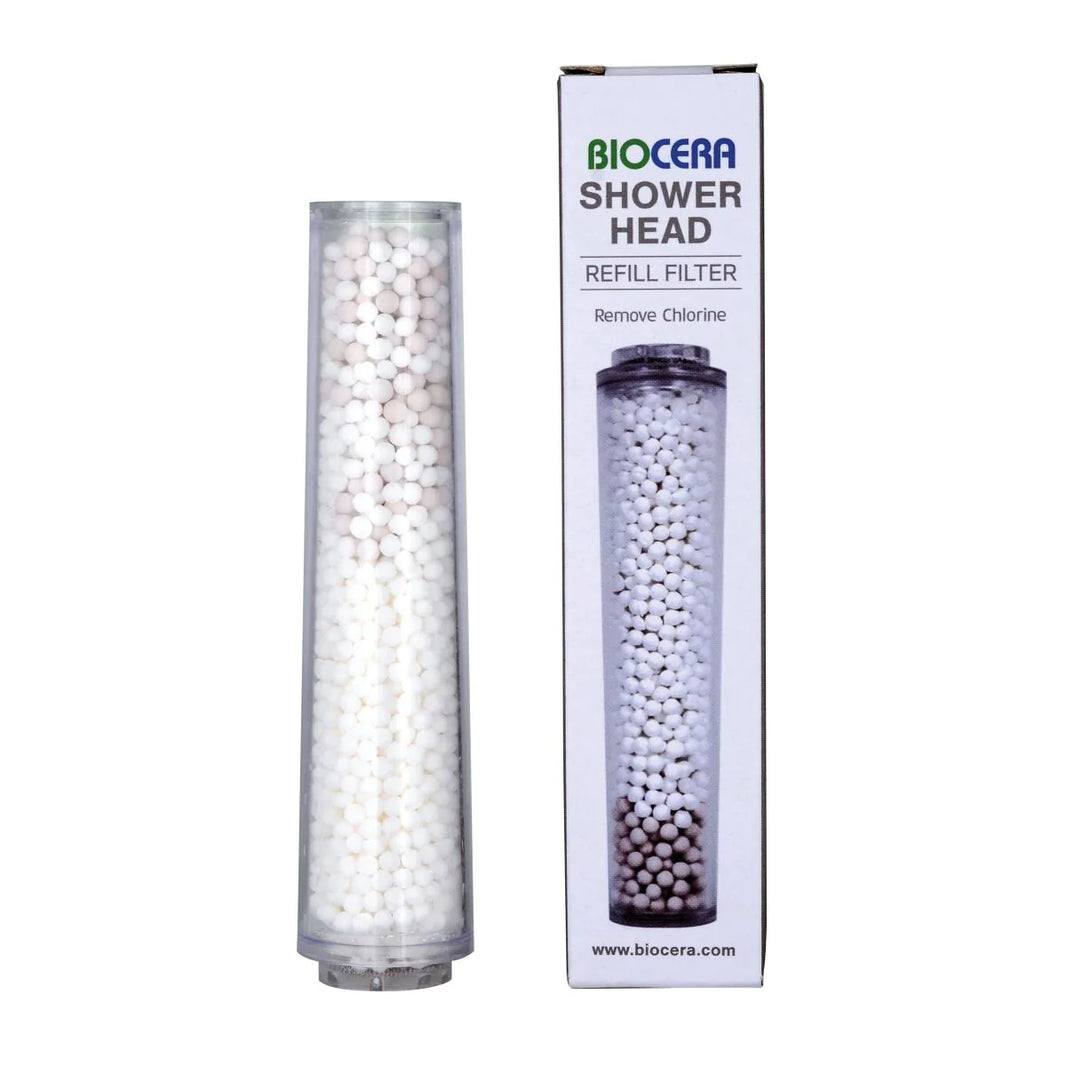5 Simple Ways to Live a Healthier Life
If your New Year’s resolution is to live a healthier life, we’ve got you covered! Change can be hard, but these five steps will help make the transition easier than you think.
1) Drink More Water
The simplest way you can increase your health in 2016 is by drinking more water. Water is needed for normal physical and cognitive function. However, many people struggle to get enough in their diet. Mild dehydration has been associated with disruptions in cognitive function and mood. Specifically, lack of water may cause an alteration in concentration, alertness, and short-term memory in children ages 10-12, young adults ages 18-25, and in older adults ages 50-82. Water intake is also important for proper digestive system function. Constipation is characterized by slow hard, small stools, and impaired transit of the digestive system, which makes it difficult to pass food by-products through the gastrointestinal tract. Inadequate water intake has been associated with constipation. Recommended treatment usually begins with increasing fluid intake. To ensure you are drinking clean and alkaline water, you may want to consider purchasing an energy efficient water filter. A 2012 study showed that alkaline water has good acid-buffer capacity and may have therapeutic benefits for those who suffer from reflux disease.
2) Swap Refined Sugar for Date Sugar
Your second easy tip for staying healthy in 2016 is to swap out the refined sugar in your favorite dishes with date sugar. Date sugar is a great way to naturally sweeten many dishes. Because it does not dissolve easily in liquid, it is best used in baking dishes. You also get the added benefit of antioxidants. Antioxidants found in fruits may provide DNA protection as well as protection from oxidative damage in proteins and lipids. Your date sugar should be made of 100 percent pure dates. Dates are high in fiber and contain at least 15 different minerals and five vitamins, including vitamins A and C, riboflavin, thiamine, and niacin. Additionally, the proteins found in dates contain 23 different amino acids.
3) Sit Less and Move More
You don’t have to own a gym membership to improve your health. Making a conscious effort to sit less and moving more during the day can do wonders. In fact, sitting has been linked to an increased risk of chronic disease and other health concerns such as type 2 diabetes, cardio-metabolic risk biomarkers, and premature mortality. Working a desk job makes it hard to get more movement into your day. But there are plenty of options if you get creative. You may wish to park your car farther away from the building so you get some extra steps in. Take the stairs instead of the elevator; go on frequent (but not too frequent!) walk breaks around your building; walk to lunch instead of driving on your break; or take advantage of your office building’s fitness center if you have one. Walking is a great way to maintain your professional attire without the sweat while spending less time on your rear end. You may even convince a co-worker to join!
4) Mind Your Portions
How many times do you leave a restaurant feeling so full that you can hardly fasten your belt? Restaurants love to fill your plate full of heaping piles of food. But bigger is not always better when it comes to portion sizes. In fact, larger portion sizes have greatly contributed to the rising obesity epidemic. Even if you are served an extra large portion of food, remember that you don’t have to eat it all at once. If you’re out to eat, ask your server to bring a carry-out box along with your meal and divide your food in half before you have a chance to dig in. Practice good portioning at home by following these easy guidelines:
- A portion of meat should be 3-4 ounces or a deck of cards
- One teaspoon of butter is the size of a thumbnail
- One to two tablespoons of salad dressing is the size of a thumb
- One cup of vegetables and one medium sized fruit are the size of a fist
- One half of a cup of grains is the size of a cupped hand
5) Find Ways to Let it Go
Stress can do a number of things to your health and none of them are good. Research shows that stress has been associated with depression and anxiety. Chronic stress may also cause inflammation, high blood pressure, upper respiratory diseases, and cardiovascular problems. This year, try to concentrate on letting the little things go. This might be as simple as taking a few deep breaths before going into work each day or writing down your thoughts when you start feeling anxious. The sooner you learn how to let go of negative feelings, the better you will feel.























Leave a comment